Shifting the Focus From Credentials to Skills in Healthcare Education
Here’s why learning in healthcare should be less about building CVs, and more about building skill sets

Our CEO Andrew Malley was recently a guest on Kelly Ryan Bailey’s podcast Let’s Talk About Skills, Baby to talk about the skills that make healthcare professionals successful and how skills-based learning and hiring around the world can be improved.
During the discussion, it quickly became clear that CV and standard credentials are often not nuanced enough to reflect the diverse skills that are needed in reality — this is even the case in highly regulated professions such as nursing.
Dr. Sylvain Trepanier, DNP, RN, CENP, FAONL, FAAN
SVP, System Chief Nursing Officer - Providence
Even prior to the COVID-19 pandemic, the healthcare industry was facing workforce challenges. Our partnership with OpusVi™ is helping to support caregivers at our family of organizations through quality education and development so that we can be part of the solution. Investing in professional development for the nation’s caregivers will assist us in stabilizing the workforce.
Margaret Werner MSN, RN
Transition to Practice Coordinator at Onvida Health
OpusVi’s Preceptor Program transformed how we evaluate and support our team. The detailed insights allowed us to identify and address performance risks before they could impact patient safety. With this level of clarity, we’re now confident that our preceptors are equipped to provide exceptional care and guidance, safeguarding both our patients and our nursing teams.
Andy Brailo
Chief Customer Officer, Premier Inc.
In our network of valued customers, the impact of the healthcare staffing shortage is palpable. We witness the challenges our partners face as they navigate through the critical shortage of skilled professionals. We look for strategic partnerships to support us in our commitment to addressing these workforce challenges with innovative solutions and offerings. This is essential in order for us to continue to contribute to the resilience and excellence of healthcare delivery within our community.”
Craig Ahrens
Chief Growth Officer, ShiftMed
Critical problems require innovative and comprehensive solutions. While the healthcare industry is facing a major staffing crisis, it’s encouraging to see impactful and leading-edge solutions evolving across the technology marketplace to not only tackle immediate needs but also highlight the importance of strong workforce development initiatives.
Ashok Subramanian
Dean of The William A. Franke College of Business at Northern Arizona University
Unlike many MBA programs which tend to specialize around functional lines such as finance, marketing, or analytics, my preference is to specialize along industry lines because every industry has its unique processes, models, problem structures, metrics, and key performance indicators. That’s why I’m very excited about this partnership. Healthcare is a unique industry and combining NAU’s business expertise with OpusVi™’s industry insights will allow us to teach business in the right industry context — this feeds well into my philosophical approach and will empower healthcare professionals to excel in their careers and achieve greatness for their organizations and their communities.
Kurt Hayes
Chief Learning Experience Officer at OpusVi™
To us, online learning is not only a means to an end — it’s a valuable tool that can be used to enhance a fulfilling learning experience. We can leverage it to deliver relevant content that can be applied immediately, allow learners to network and build lasting connections, and accommodate their busy schedules as working professionals. This program is built on relevance and employs practical, proven pedagogy throughout — we carefully design every aspect of the experience so students can succeed, improve their overall wellbeing, and make a real difference in their careers.
Kim Tharp-Barrie
System Vice President at the Institute for Nursing and Workforce Outreach
OpusVi™ is a vibrant and grounded leader in healthcare education and development that meets partners where they are to get them where they want to be. Their no-nonsense transparent approach to partnering is refreshing and appreciated during these unprecedented times. Their platform and their team is highly effective to help partners achieve desired outcomes.
Sandra M. Olguin
President and Chief Executive Officer at the Nevada Nurses Foundation
It’s a privilege to partner with a high-caliber healthcare workforce development team like the one OpusVi™ has to offer. The Nevada Nurses Foundation’s mission is to increase access to quality healthcare and further the professional advancement of nurses. OpusVi™ aligns with our mission and provides the tools and accessibility for healthcare providers to enhance their careers and improve the workforce. We are proud and fortunate to be partners.
Julia Profit-Johnson, RN, BSN
Birthing Center Manager at Bailey Medical Center and Secretary/Treasurer for the Oklahoma Nurses Association (ONAi
I was really impressed with the content. All topics were relevant and ‘real-time’. I found it interesting that it covered all subjects that would be important for nurse leaders, whether it was finance, communications within the team or to executive teams. It prepares those who want to progress to the next level of leadership.
Nicole DeJong
Director of Learning Experience Design at OpusVi
We’re proud of the learning experience we have created for this program. It’s truly immersive and practice-based learning. For example, we employ medical office simulation software so that learners can practice the exact tasks they will do on the job in a safe environment. Additionally, we have strategies in place to build a social learning community throughout the program. Learners can exchange ideas and network across multiple health systems even before they meet in-person during their skill boot camps.
John Godina
Three-time World Championship winner and two-time Olympic medal winner in the shot put
I opened and owned multiple fitness and sports training businesses since my retirement as an athlete. What is critical is knowing the processes of moving from one industry to another. By bringing the sports perspective into this Mini-MBA, we want to help people understand the nuances of the mental approach, the processes of goal setting, and the experiences around recovery. It provides a knowledge base that helps a medical provider transition into the business aspects of healthcare.

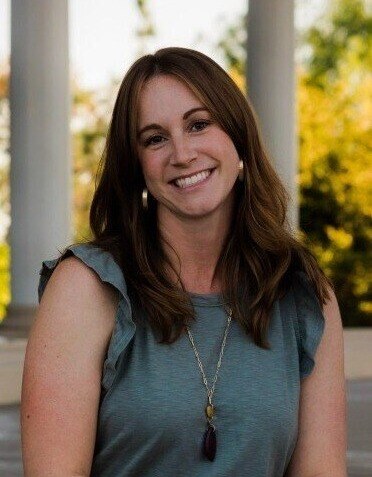
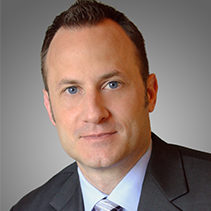
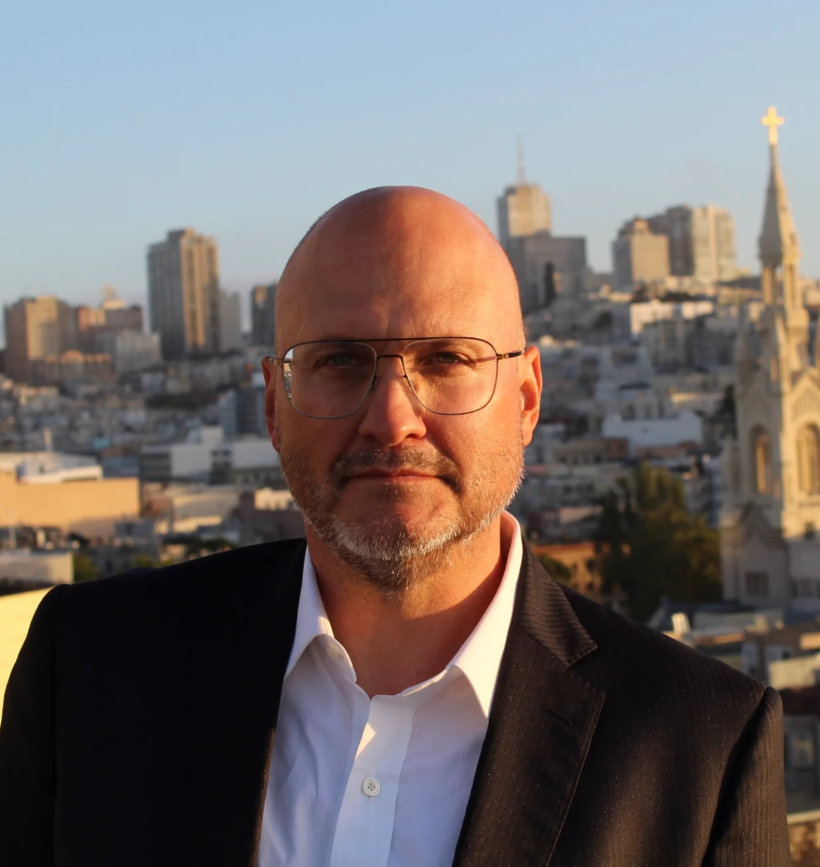
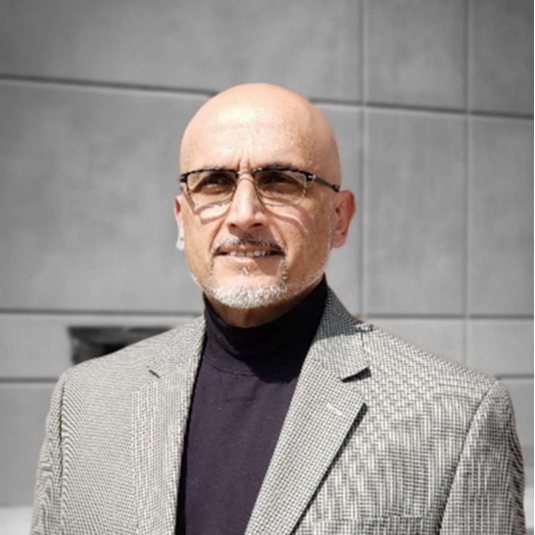
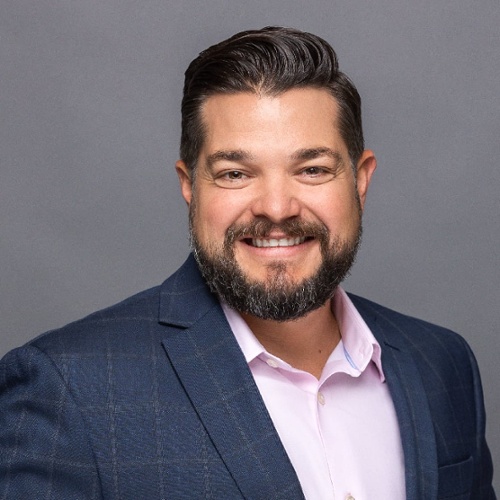
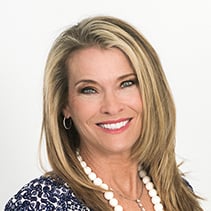
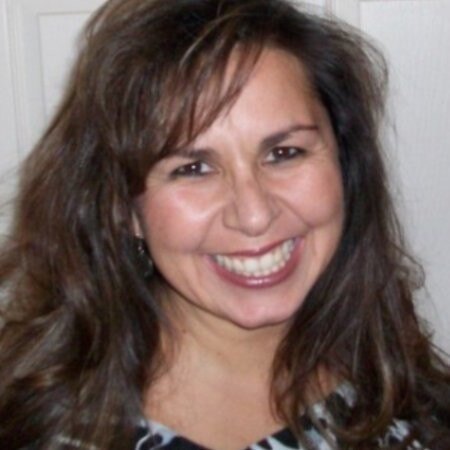
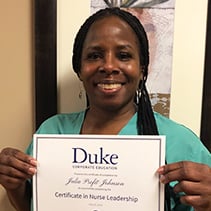
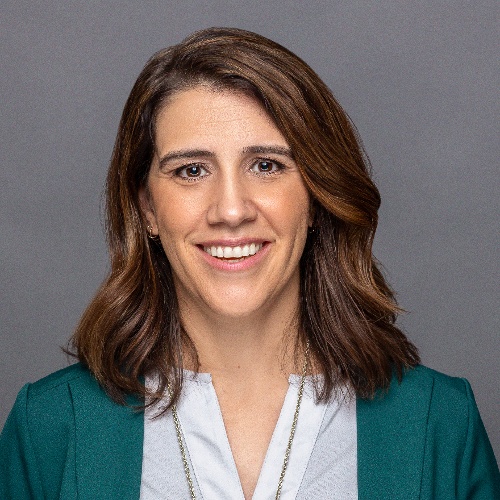
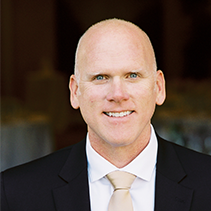
Andrew Malley
CEO of OpusVi
The notion that a handful of credentials such as ‘RN’, ‘BSN’ or even ‘MSN’ covers every nurse in America is bananas. If you’re a nurse who works in rural North Dakota, your world is very different from a nurse with the same credentials working in downtown Atlanta. This doesn’t only apply to nursing. Across the board, we keep seeing that people aren’t being hired for the right jobs because employers don’t understand their skills. Additionally, people aren’t given the opportunity to get educated with the specific skills they need to succeed and that apply to their job.
Andrew Malley
CEO of OpusVi
Usually, ethics, compliance, and legal issues in healthcare are not based on huge misdemeanors. They’re based on people making mistakes because they didn’t know better or simply because they’re tired, dehydrated, and malnourished after a 12-hour shift. People often think of skills as a thing you do, but doing good work is more than that. You need to have good foundational knowledge, you need to be in the right mindset, and you need to be able to take care of yourself to do your best. Health leaders need to invest in their staff because the outcomes are very tangible; in the most dramatic scenario, it’s life or death.
Andrew Malley
CEO of OpusVi
Let’s think of nutrition. I don’t ever remember my parents talking about carbs or proteins — I actually remember my mom had to hammer the beef she put in the stew because that’s how bad the quality was. Today, it’s a very different situation. My child is fed organically and we know where her food comes from. Even if you don’t go to these lengths, everyone’s personal knowledge of nutrition over the past 20 years has dramatically increased. Now, if you’re a nurse who was educated 20 years ago, how would you just get that superior knowledge if you don’t make an effort to update your knowledge? People don’t automatically know more just because they have been doing something for a long time because, in times like ours, knowledge gets outdated and assumptions get corrected very quickly. It’s a leader’s responsibility to get them the resources they need. People shouldn’t be in a situation where they’re not being trained on a continued basis. So that’s a problem we set out to help solve.
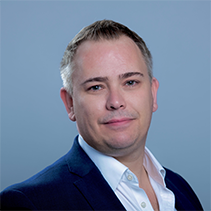


Traditional degrees often fall short on non-clinical skills
On top of lacking diversity, traditional healthcare education often falls short in imparting knowledge that is not clinical in nature, but often equally important for clinicians to succeed, such as the business of healthcare or compliance issues.
Ongoing education should be a priority — even if it’s not required
Since some U.S. states don’t have requirements for ongoing education, Andrew recommends going beyond the legal minimum and making ongoing education a priority in order to truly serve patients.

